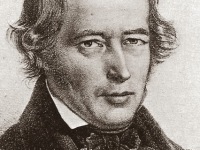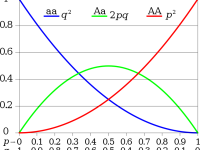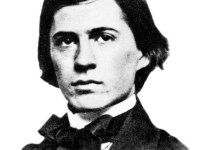Rudy Rucker – Infinity and the Mind
On March 22, 1946, American mathematician, computer scientist, science fiction author, and philosopher Rudolph von Bitter Rucker, better known as Rudy Rucker, was born. He is also one of the founders of the cyberpunk literary movement. “The space of our universe is the hypersurface of a vast expanding hypersphere.” – Rudy Rucker, The Sex Sphere (1983) Youth and Education Rucker was born and raised in Louisville, Kentucky, where his father Embry Cobb Rucker,…
Read more











